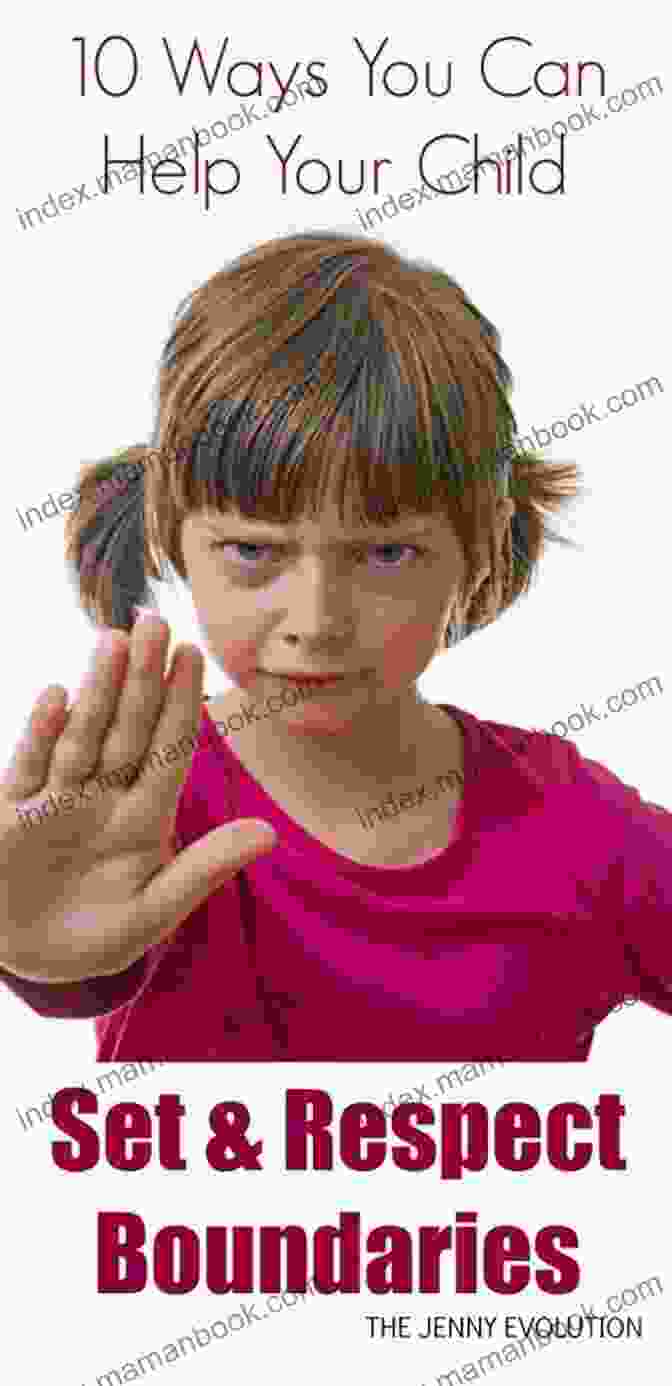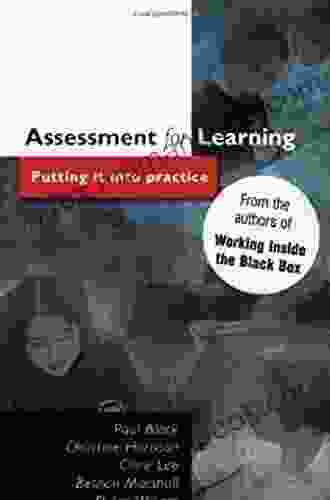Becoming a parent is one of the most rewarding experiences in life, but it can also be one of the most challenging. There are no manuals or step-by-step guides that tell you how to be the perfect parent, but there are some essential principles that can help you on your journey.
This guide will provide you with everything you need to know about becoming the parent you want to be. We'll cover topics such as:
4.8 out of 5
| Language | : | English |
| File size | : | 9680 KB |
| Text-to-Speech | : | Enabled |
| Screen Reader | : | Supported |
| Print length | : | 192 pages |
* Understanding your child's needs * Setting boundaries and limits * Discipline with love and respect * Building a strong parent-child relationship * Taking care of yourself as a parent
By following these principles, you can create a happy, healthy, and fulfilling relationship with your child.
Understanding Your Child's Needs
The first step to becoming the parent you want to be is to understand your child's needs. Every child is different, so it's important to take the time to learn about your child's unique personality, strengths, and challenges.

Some of the most important needs that all children have include:
* Love and affection: Children need to feel loved and accepted by their parents. They need to know that they are safe and secure in their relationship with you. * Attention: Children need attention from their parents in order to thrive. They need to feel like they are important to you and that you are interested in what they have to say. * Guidance and support: Children need guidance and support from their parents in order to learn and grow. They need to know that you are there for them and that you will help them through challenges. * Structure and boundaries: Children need structure and boundaries in order to feel safe and secure. They need to know what is expected of them and what the consequences will be if they break the rules. * Discipline with love and respect: Children need discipline in order to learn right from wrong. However, discipline should always be given with love and respect.
Setting Boundaries and Limits
Setting boundaries and limits is essential for creating a healthy parent-child relationship. Boundaries help children to feel safe and secure, and they teach them the difference between right and wrong.

Some examples of boundaries that you may want to set with your child include:
* Limits on screen time: It's important to set limits on how much time your child spends on screens each day. Too much screen time can be harmful to their development. * Bedtime: Establishing a regular bedtime for your child can help them to get the sleep they need to function properly. * Mealtimes: Mealtimes should be a time for family to connect. Avoid letting your child snack throughout the day and make sure that they eat regular meals at the table. * Discipline: It's important to establish clear rules and expectations for your child. When your child breaks a rule, it's important to discipline them in a fair and consistent manner.
Discipline with Love and Respect
Discipline is an essential part of parenting. It helps children to learn the difference between right and wrong, and it teaches them how to behave appropriately. However, discipline should always be given with love and respect.

Some tips for disciplining your child with love and respect include:
* Stay calm: It's important to stay calm when you're disciplining your child. If you get angry, you'll only make the situation worse. * Explain why you're disciplining your child: Help your child to understand why they are being disciplined. This will help them to learn from their mistake. * Be consistent: It's important to be consistent with your discipline. If you're not, your child will learn that they can get away with breaking the rules. * Avoid physical punishment: Physical punishment is never an effective form of discipline. It can damage your child's relationship with you and it can lead to long-term problems.
Building a Strong Parent-Child Relationship
Building a strong parent-child relationship is essential for your child's development. A strong parent-child relationship provides your child with a sense of security, love, and belonging. It also helps your child to learn and grow.

Some tips for building a strong parent-child relationship include:
* Spend time with your child: Make sure to spend quality time with your child each day. This could involve playing games, reading together, or just talking. * Listen to your child: Really listen to what your child has to say. Show them that you're interested in what they have to say and that you value their opinions. * Be supportive: Be supportive of your child's interests and activities. Let them know that you're proud of them and that you believe in them. * Set realistic expectations: Don't set unrealistic expectations for your child. Every child is different, and it's important to let your child develop at their own pace. * Accept your child for who they are: Accept your child for who they are, not for who you want them to be. Let them know that you love and support them unconditionally.
Taking Care of Yourself as a Parent
Taking care of yourself as a parent is essential for your own well-being and for the well-being of your child. When you're taking care of yourself, you're better able to be present and attentive to your child. You're also better able to handle the challenges of parenting with patience and grace.

Some tips for taking care of yourself as a parent include:
* Get enough sleep: Most adults need around 7-8 hours of sleep per night. When you're a parent, it can be hard to get enough sleep, but it's important to make it a priority. * Eat healthy foods: Eating healthy foods will give you the energy you need to be a good parent. Make sure to eat plenty of fruits, vegetables, and whole grains. * Exercise regularly: Exercise is a great way to reduce stress and improve your mood. Aim for at least 30 minutes of moderate-intensity exercise most days of the week. * Take time for yourself: It's important to take time for yourself each day, even if it's just for a few minutes. Do something that you enjoy, such as reading, listening to music, or spending time in nature. * Don't be afraid to ask for help: If you're feeling overwhelmed, don't be afraid to ask for help from your partner, family, or friends. There are also many resources available to help parents, such as support groups and parenting classes.
Becoming the parent you want to be is a journey, not a destination. There will be ups and downs along the way, but if you follow these principles, you can create a happy, healthy, and fulfilling relationship with your child.

















































































































